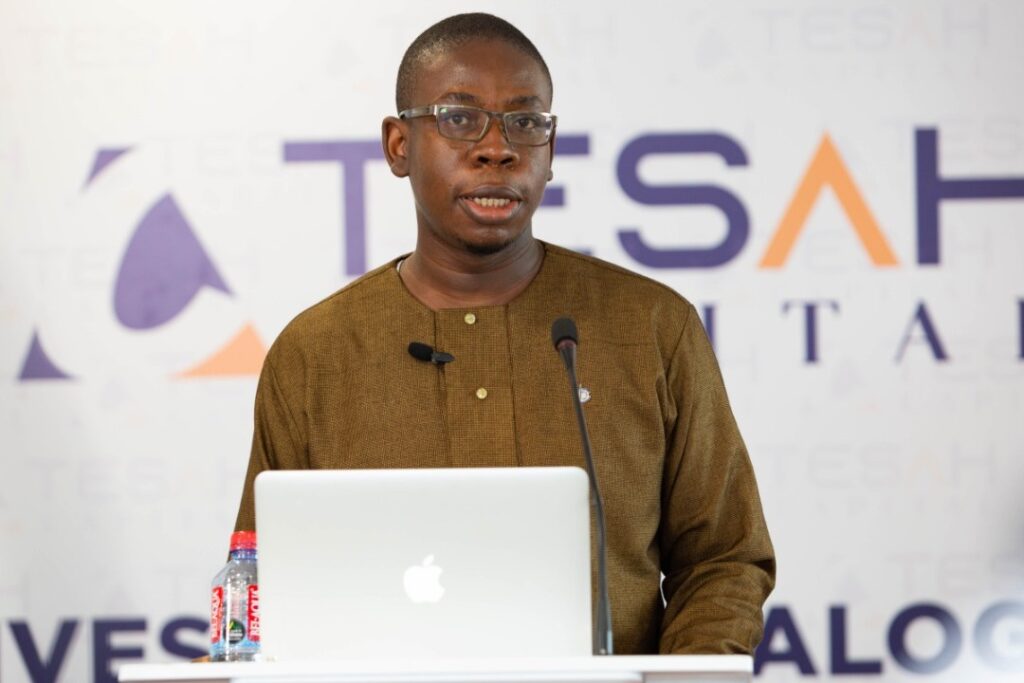An Associate Professor in Finance at the University of Ghana Business School’s Department of Banking and Finance, Prof. Elikplimi Komla Agbloyor, is proposing the establishment of sovereign and Africa-owned credit rating agencies to address the economic challenges faced by the continent.
He highlighted the significant impact these agencies could have by leveraging their deep understanding of the African landscape and its unique economic conditions.
Speaking during an inter-college lecture at the University of Ghana on the topic “A 75 Billion Dollar Question: Do African Countries Suffer a Systematic Sovereign Credit Ratings Bias?” Prof. Agbloyor argued that local credit rating agencies could provide more accurate and contextually relevant credit assessments. “Creating our own rating agencies would ensure that assessments are rooted in local realities and are free from external biases,” he stated.
This local expertise, he noted, would foster greater trust and reliability in credit ratings, promoting better financial stability and growth within African economies.
Prof. Agbloyor explained the motivation behind his advocacy for indigenous credit rating agencies. “Reports suggest that fairer credit ratings could potentially save African countries $75 billion annually,” he stated.
He underscored the detrimental impact of biased ratings on economic stability and growth in African nations, highlighting how an unfair rating could lead to high borrowing costs, reduced investment, currency depreciation, and inflation.
Prof. Agbloyor proposed practical steps toward establishing and supporting African-owned credit rating agencies. He urged regional economic bodies like ECOWAS to explore collaborative efforts in this direction, aiming for fairer and more transparent credit assessments.
He, however, acknowledged the various financial problems of mismanagement and corruption that African governments often experience, leading to credit downgrades that significantly impact their economies.
Major global credit rating agencies like Moody’s, Standard & Poor’s (S&P), and Fitch Ratings play a crucial role in the global financial system. These agencies assess the creditworthiness of borrowers, including countries, by evaluating their ability to repay debt. Their ratings influence the interest rates at which countries can borrow money and this largely affects their financial stability and economic development.
In support of his argument, Prof. Agbloyor stated that these ratings often reflect biases that do not account for the unique economic conditions and challenges faced by African countries. For instance, an African country may receive a lower rating due to perceived political instability or economic mismanagement, which can lead to higher borrowing costs and reduced access to international capital markets. This, in turn, can stifle economic growth and development.
Prof. Agbloyor’s proposal for African-owned credit rating agencies aims to address these biases by providing more accurate and contextually relevant assessments of African economies.
The associate professor of finance believes a good understanding of the local context and economic conditions, these African-owned agencies can offer fairer evaluations that better reflect the true creditworthiness of African nations. This could lead to lower borrowing costs, increased investment, and greater economic stability and growth.
The establishment of sovereign and African-owned credit rating agencies could be a vital step towards addressing the systemic biases that African countries face in the global financial system and provide fairer and more accurate credit assessments.
These agencies could help African nations achieve greater economic resilience and prosperity; however, addressing issues of mismanagement, corruption, and misappropriation remains key.

